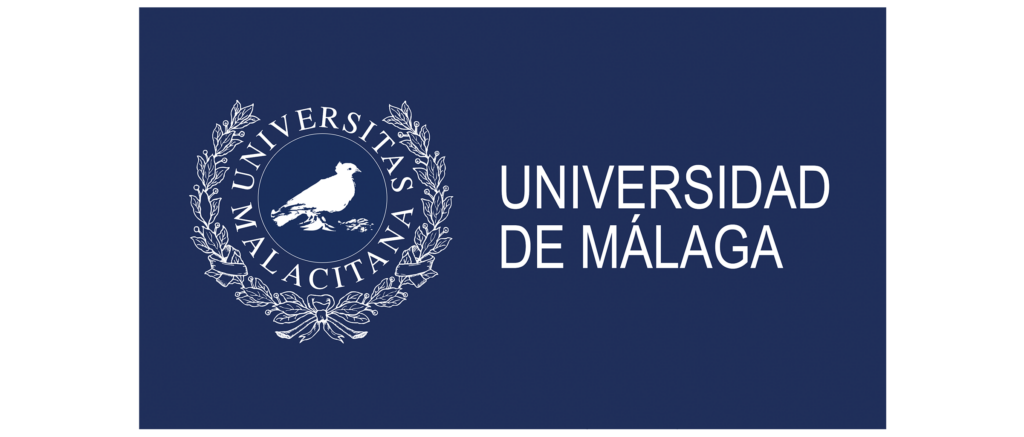
The aim of this international seminar was to offer the basic characteristics of the models of care for dependent adults in Southern Europe, focusing mainly on countries such as Portugal, Spain and Italy, which, given their proximity and similarity in terms of care for the elderly and family models, are an example of interest when comparing them. This scenario allows us to explore the changes that exist between the different models, the qualities and weaknesses of each one, as well as to extract a current paradigm of social intervention and the challenges posed by the care crisis, offering answers for future challenges.
From the University of Malaga, Prof. Luis Miguel Rondón and the researcher of the R&D&I Chair for the Prevention of Dependency gave the vision of the System of Care for Dependency in Spain and the regulations of the European Commission in this regard.
On the other hand, Doctor Ricardo Pocinho, from the University of the Escola Superior de Educaçao e Ciências Sociais explained how this system is articulated in Portugal, with its lights and shadows.
Professor Aurelié Anjolras defined the French case and its particularities.
Finally, Professor Gabriele Manella from the University of Bologna spoke about the figures in Italy and how it is similar to the Spanish case.
The debate was very fruitful, as there were a large number of questions reflecting that the southern European countries have many similar characteristics, but also weaknesses and points to improve in order to offer a quality service to a recognised right.




